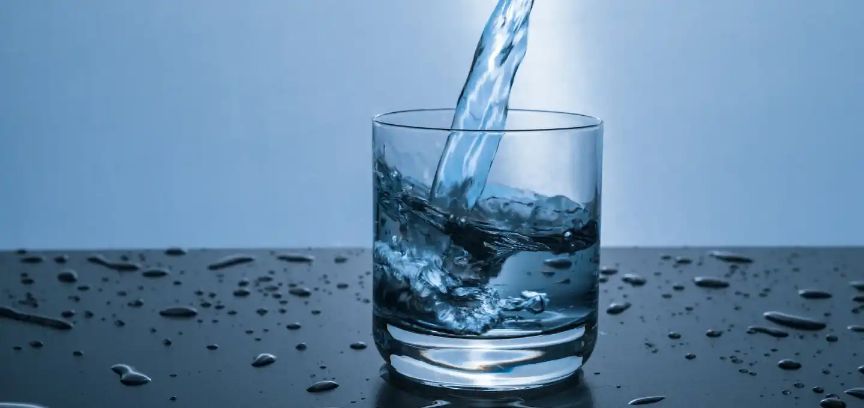Innovations in Water Conservation Technology
4 min read
26 Sep 2024
Water is a precious resource, and as our world faces increasing water scarcity, the importance of water conservation has never been greater. Fortunately, innovative technologies are emerging to help us manage and preserve this vital resource. In this article, we explore groundbreaking innovations in water conservation technology, from smart irrigation systems to advanced filtration methods, that are revolutionizing the way we use and protect water.
1. Smart Irrigation Systems:
Smart irrigation systems use weather data and soil moisture sensors to optimize watering schedules. They reduce water wastage by delivering just the right amount of water when and where it's needed.

2. Rainwater Harvesting:
Rainwater harvesting systems collect and store rainwater for later use in irrigation, flushing toilets, and even drinking with proper filtration. This reduces the demand on traditional water sources.
3. Greywater Recycling:
Greywater, which includes water from sinks and showers, can be recycled and reused for non-potable purposes like landscape irrigation. Advanced filtration systems make this possible.
4. High-Efficiency Toilets:
High-efficiency toilets use less water per flush, saving gallons of water every day. Some models even have dual-flush options for liquid and solid waste.
5. Low-Flow Faucets and Showerheads:
Low-flow faucets and showerheads reduce water usage while maintaining adequate water pressure. They are easy to install and significantly cut down water waste.
6. Leak Detection Systems:
Smart leak detection systems monitor water usage and detect leaks in real-time. They can automatically shut off the water supply to prevent further wastage.
7. Xeriscaping:
Xeriscaping is a landscaping technique that uses drought-resistant plants and minimal irrigation. It conserves water and creates sustainable, low-maintenance landscapes.
8. Soil Moisture Sensors:
Soil moisture sensors provide real-time data on soil conditions, allowing for precise irrigation adjustments. This prevents overwatering and underwatering.
9. Desalination Technologies:
Desalination processes convert seawater into freshwater, expanding our water supply. Advancements in desalination technology are making it more energy-efficient.
10. Wastewater Treatment:
Advanced wastewater treatment plants are capable of purifying sewage water to meet drinking water standards. This technology can potentially alleviate water shortages.
11. Ultrasonic Flow Meters:
Ultrasonic flow meters accurately measure water flow without obstructing the pipe. They are crucial for managing water distribution systems efficiently.
12. Mobile Apps for Water Management:
Mobile apps empower users to monitor their water consumption and detect anomalies. They encourage responsible water use and help identify areas for improvement.
13. Drip Irrigation Systems:
Drip irrigation delivers water directly to plant roots, minimizing evaporation and runoff. It's a highly efficient method for agriculture and landscaping.
14. Aquaponics and Hydroponics:
Aquaponics and hydroponics systems use recirculated water to grow crops without soil. They use significantly less water than traditional farming.
15. Educational Outreach:
Educational initiatives and awareness campaigns play a vital role in promoting water conservation. They inform the public about the importance of responsible water usage.
Conclusion: Preserving Our Water Future:
Innovations in water conservation technology are pivotal in our quest to protect this precious resource. These technologies not only help us manage water more efficiently but also ensure that future generations have access to clean and abundant water. By embracing these innovations and adopting responsible water practices, we can work together to preserve our water future.
More Articles

Hollywood Strike Crosses 100-Day Threshold: Writers Condemn the 'Milestone of Shame' in Creative Compensation Battle
3 min read | 25 Jul 2024

Nick Jonas's Unplanned Descent: Viral Moment of His On-Stage Fall and Its Impact on Live Performance Culture
5 min read | 24 Jul 2024

Bradley Cooper 'Jewface' Controversy: Navigating Boundaries of Artistic Expression, Cultural Sensitivity, and Historical Implications
4 min read | 23 Jul 2024